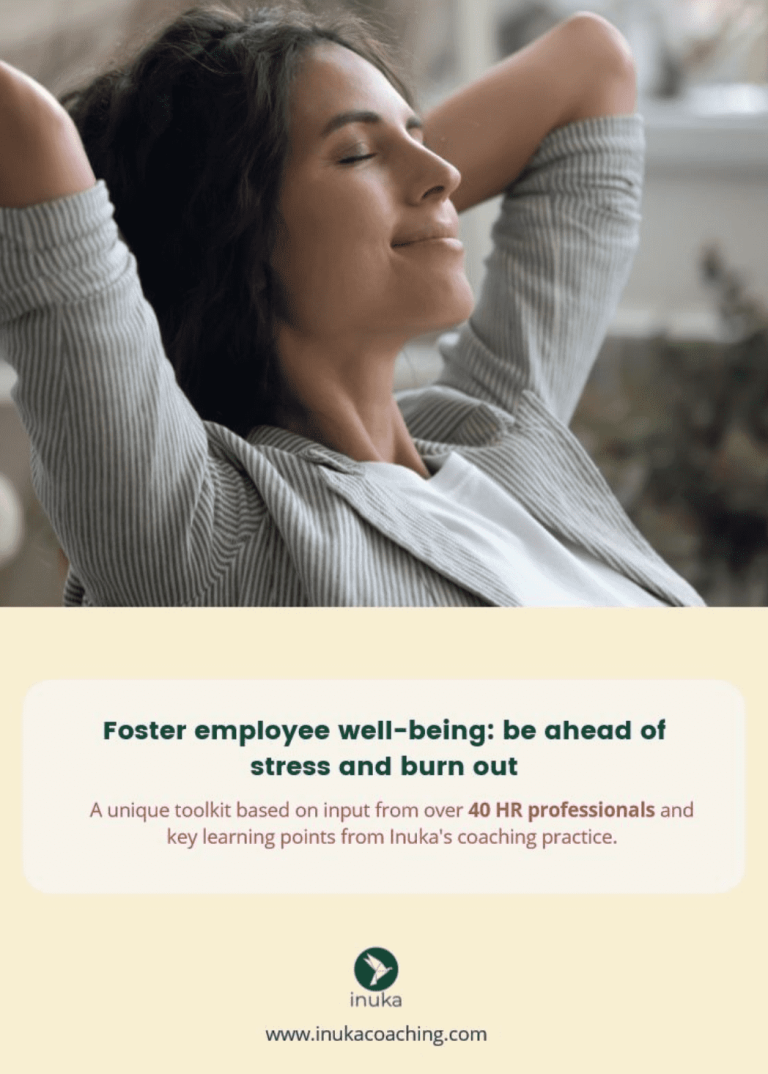A healthy organizational culture is crucial for us to feel safe at work. We have all experienced it in some point of our lives: the fear to seem incompetent, ignorant, intrusive or sceptical in the workplace. Amy Edmonson explains the effects of these fears on the organisation in her TED Talk.
One of the effects of these fears is that employees do not dare to speak up with any questions, ideas or mistakes. In other words, employees become more concerned with the impression they make on their colleagues/manager, instead of improving the organisation.
Benefits of a healthy organizational culture
Professor Edmonson found that the teams that were performing best at teamwork and problem solving, scored high on psychological safety.
“Psychologically safe learning environments could be defined as: A feeling or climate whereby the learner can feel valued and comfortable yet still speak up and take risks without fear of retribution, embarrassment, judgment or consequences either to themselves or others, thereby promoting learning and innovation.”
Psychological safety is crucial to our mental wellbeing. It allows us to express ourselves authentically and be vulnerable, without fearing negative consequences. So how do you create a psychologically safe organizational culture?
Foster employee well-being
Free Toolkit
Privacy is extremely important to us! When filling out this form, we would like to refer you to our Privacy Policy.

3 practical steps to creating a safe organizational culture for your employees
1. Practice vulnerability
In Dare to Lead, Brené Brown emphasizes the importance of vulnerability in the workplace to strengthen trust within the team and to be a good leader. When you are in a position of responsibility in your organisation, it is crucial that you set the right example. That is to say, by being vulnerable yourself, you encourage others to also be vulnerable, which contributes to a psychologically safe environment.
You can practice vulnerability by:
- Being open about your own feelings, insecurities, fears.
- Also showing the days that go less well, realizing this is simply part of life.
- Express gratitude, celebrate each other’s victories.

2. Emphasize that the work is a learning experience
In her TED talk, Amy Edmonson explains that she did research on the question: do better hospital care teams make fewer mistakes? Her findings were the opposite of what she expected; better hospital care teams seemed to make more mistakes. She started looking for possible explanations and then the thought came up:
Maybe the better teams are not making more mistakes, maybe they are more willing to discuss them. What if the better teams have a climate of openness, that allows them to report, and even get to the bottom of these mistakes? — Amy Edmonson
She sent out a research assistant, who did not even know the research hypothesis, to find out more about the culture within those teams. As a result, they found that some of the teams talk about errors all the time and talk together about new ways of reducing these mistakes. This is what the professor now calls psychological safety.

This story has taught me the importance of seeing work as a learning experience. If you have a position of responsibility within your organization, it is important to make your employees feel safe enough to optimize their learning experience. This can be done by:
- Acknowledging your own mistakes as a leader.
- Encouraging empathy and self-compassion in times of failure.
- Express over and over to your employees that it is good to make mistakes. The faster you fail, the faster you can improve, the faster you grow— incorporate this mindset within your company culture.
3. Model curiosity
Curiosity is what drives seeking new experiences, new information and innovation. A study by Harvard Business Review show a causal relationship between curiosity, openness in communication and active listening. Curiosity is not only good for relationships at work, it also improves performance; we are more creative and make better decisions.
You can practice curiosity by:
- Asking questions. Leaders are often expected to talk and know the answers, but as a leader you have a great potential to spark curiosity in your organization by asking your employees questions and simply listening to them. Listening is as important as talking, if not more. This is how we gain new information that we need to move forward.
- Using neutral language (especially in tough conversations) and explore solutions together. When we assume things about our co-workers and start talking in a subjective way, this can lead to defensiveness and disengagement. Instead, try using observing language, for example, “I have noticed that in the past month there’s been a drop in your participation during meetings and progress appears to be slowing on your project”, then ask if they would like to unravel together what is going on for them. After that, you can show support by asking ‘‘How can I support you?”. Keeping an open and curious tone in your voice is important in the delivery of your message.

Are you curious about how you can create a healthier organizational culture yourself? Inuka provides online one-on-one coaching that makes employees feel more safe in the workplace. Within 4 sessions, 96% of employees got better at solving problems at work. Feel free tot contact us for more information or to book a digital coffee.



